The Science of Human Neuroimmunology
Overview
Human neuroimmunology is a scientific discipline that studies the complex interactions between the nervous system and the immune system. This field of research has grown significantly in recent years, as the intricate connections between these two systems have become increasingly clear. The study of neuroimmunology has important implications for understanding and treating a range of diseases, including multiple sclerosis, Alzheimer's disease, and other neurological disorders.
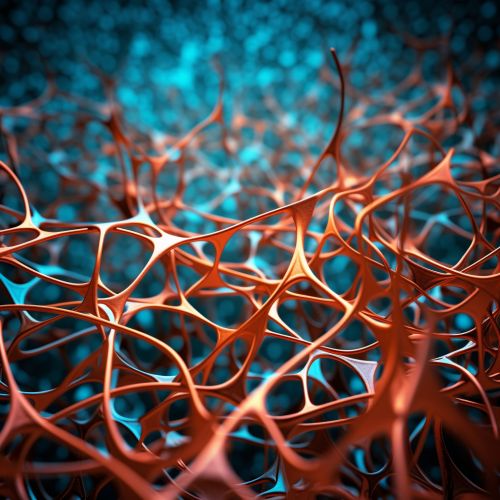
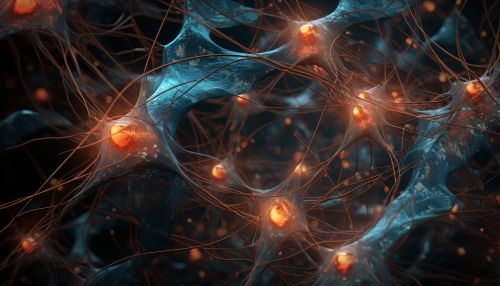
The Nervous System and the Immune System
The nervous system and the immune system are two fundamental systems in the human body. The nervous system, which includes the brain, spinal cord, and peripheral nerves, is responsible for controlling all bodily functions. The immune system, on the other hand, defends the body against harmful substances, such as bacteria, viruses, and toxins.
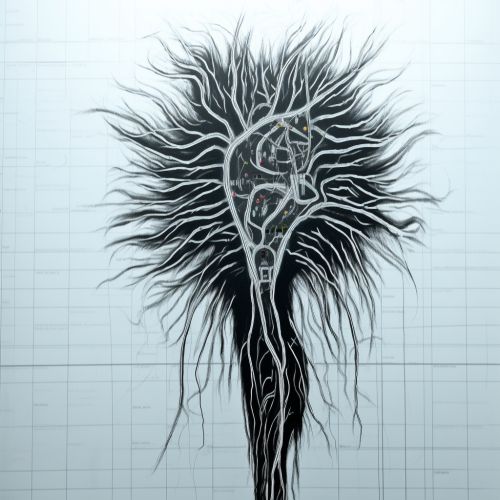

The nervous system and the immune system communicate with each other through a variety of mechanisms. These include direct neural connections, as well as chemical signals such as neurotransmitters and cytokines. This communication allows the two systems to coordinate their responses to various challenges, such as infection or injury.


Neuroimmune Interactions
Neuroimmune interactions are the ways in which the nervous system and the immune system communicate and influence each other. These interactions can occur at several levels, from the molecular to the systemic. At the molecular level, for example, immune cells can produce neurotransmitters that can affect the function of neurons. At the systemic level, the nervous system can regulate the immune response to infection or injury.
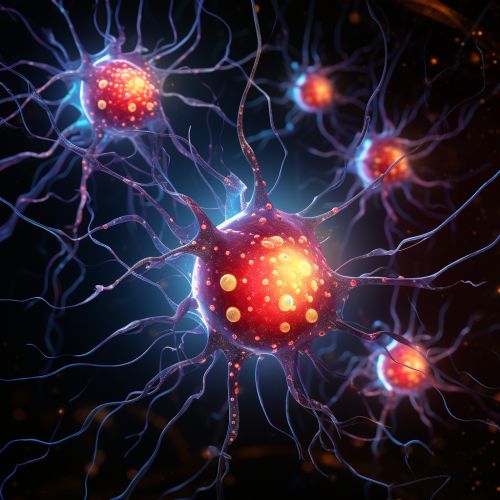
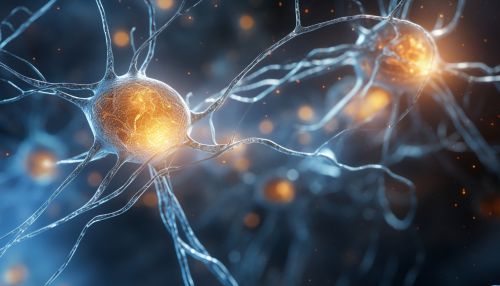
Neuroimmune interactions are crucial for maintaining health and homeostasis. However, when these interactions are disrupted, they can contribute to the development of various diseases. For example, in multiple sclerosis, an autoimmune disease, the immune system mistakenly attacks the nervous system, leading to progressive neurological damage.
Neuroimmunological Diseases
Neuroimmunological diseases are conditions that involve abnormal interactions between the nervous system and the immune system. These diseases can be broadly classified into two categories: neuroimmune diseases and immune-mediated neurological diseases.
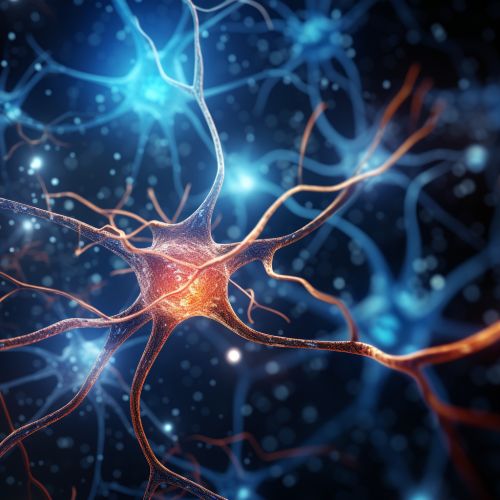
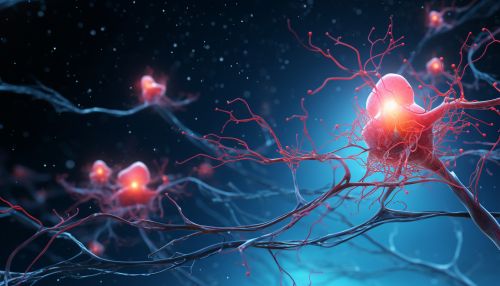
Neuroimmune diseases are conditions in which the nervous system directly affects the immune response. Examples of neuroimmune diseases include narcolepsy, a sleep disorder that is associated with a specific type of immune response, and PANDAS (Pediatric Autoimmune Neuropsychiatric Disorders Associated with Streptococcal Infections), a condition in which a streptococcal infection triggers an autoimmune response that affects the brain.
Immune-mediated neurological diseases are conditions in which the immune system directly affects the nervous system. Examples of immune-mediated neurological diseases include multiple sclerosis, in which the immune system attacks the myelin sheath of neurons, and Guillain-Barré syndrome, in which the immune system attacks the peripheral nerves.
Current Research and Future Directions
Current research in human neuroimmunology is focused on understanding the complex interactions between the nervous system and the immune system, and how these interactions contribute to health and disease. This research has the potential to lead to new treatments for a variety of diseases, including neurodegenerative diseases, autoimmune diseases, and psychiatric disorders.


Future directions in neuroimmunology research include the development of new diagnostic tools and therapeutic strategies, the identification of novel neuroimmune pathways, and the exploration of the role of neuroimmune interactions in aging and lifespan.
